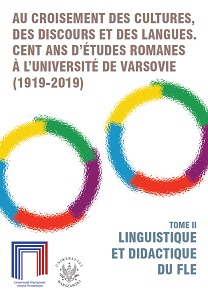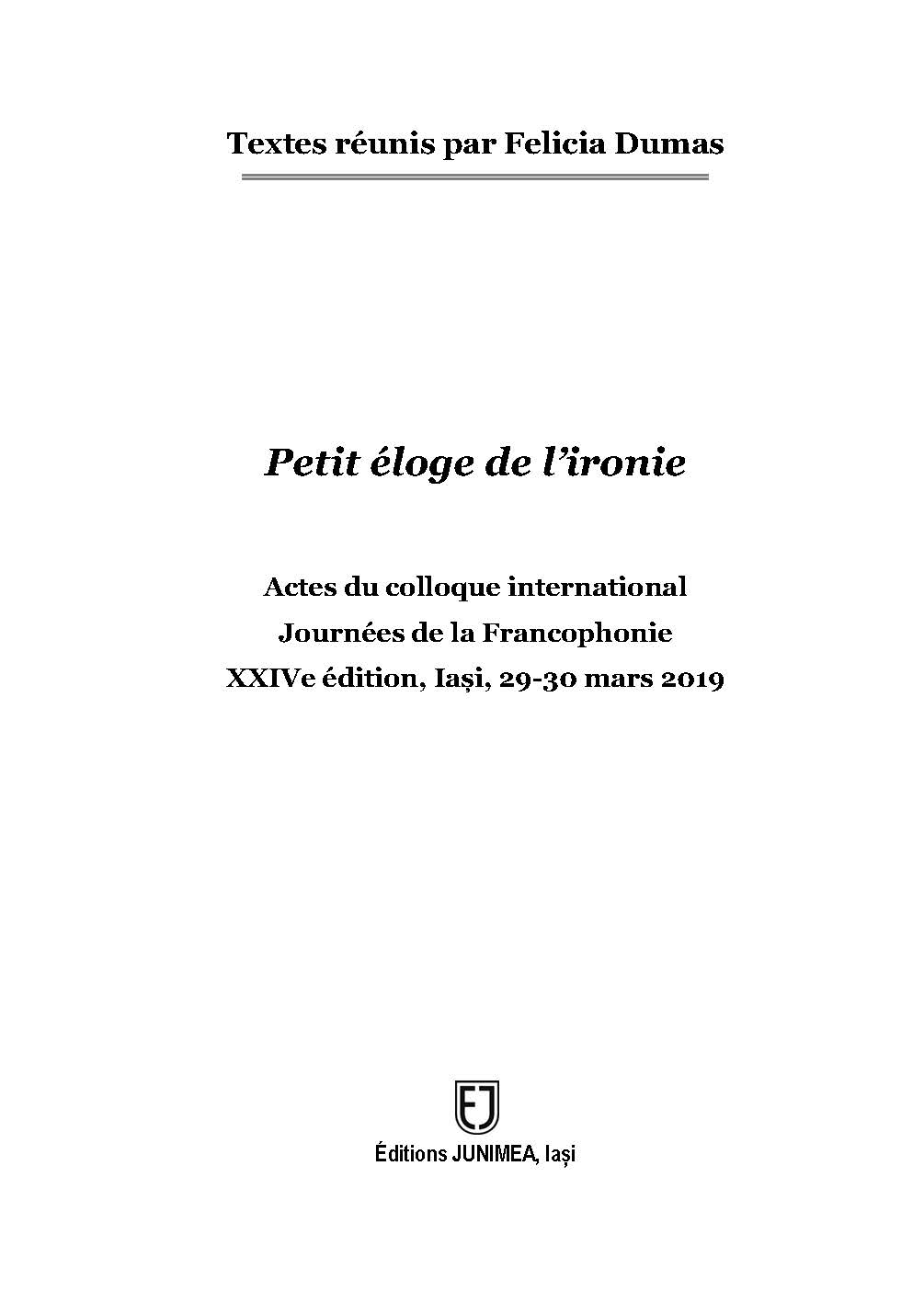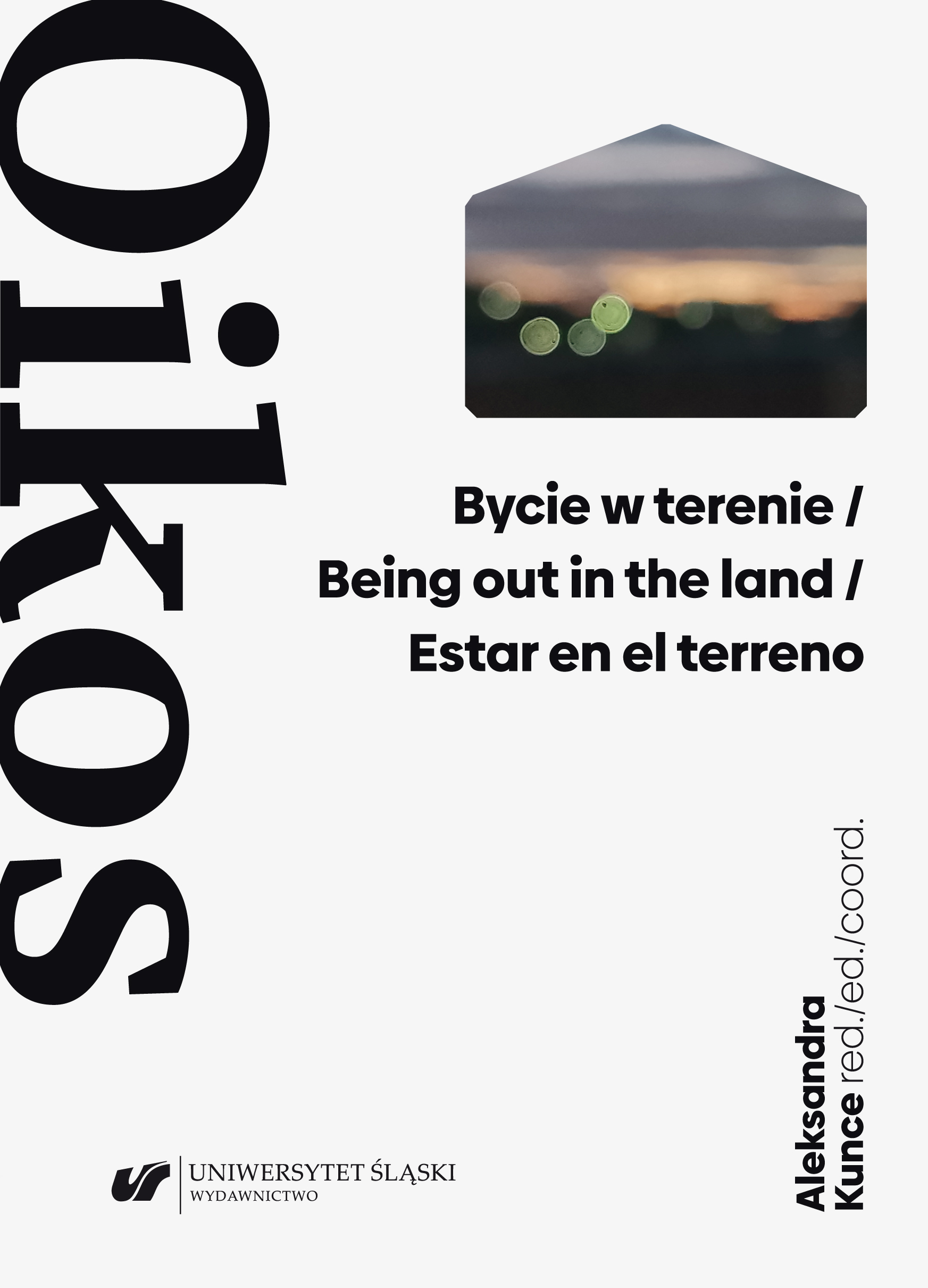
Quelques réflexions sur les éléments du langage spécialisé dans les textes littéraires en tant que problème de traduction
The specialized language of a specific area constitutes a subsystem of a given language and, therefore, texts can never be purely specialized. Likewise, in everyday life, we do not use only the general language. In this study, we present the Polish translations of extracts from literary texts from different French-language authors, notably from Victor Hugo, Didier van Cauwelaert and Vladimir Volkoff. We indicate the presence of specialized vocabulary and speech in the starting texts and their treatment in the arrival texts. We indicate a few translation errors, but above all we will discuss the importance of the encyclopaedic knowledge of the translator of literary texts. To conclude, we offer some reflections on the training of translators so that they know how to deal with the elements of specialized language in literary texts.
More...

